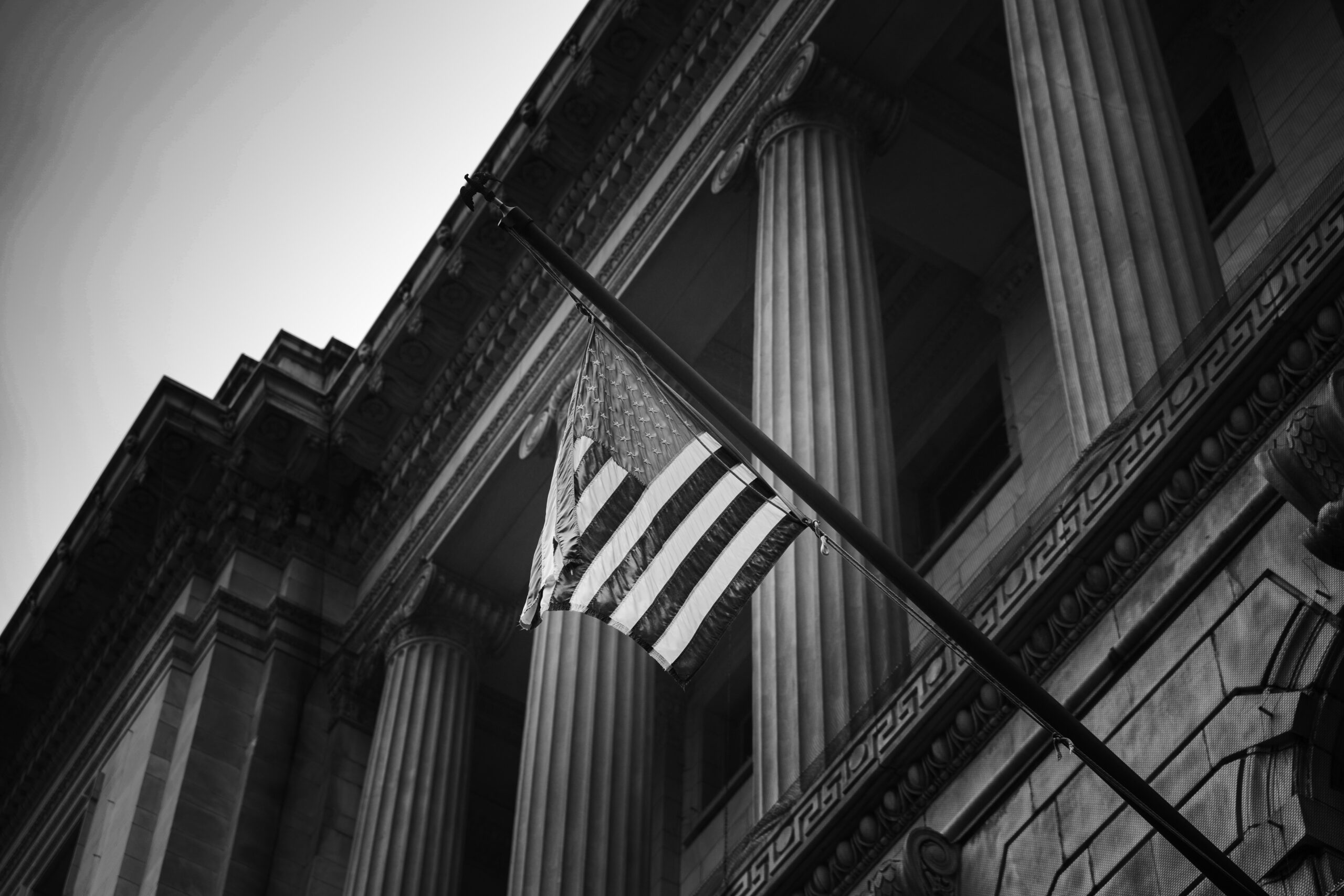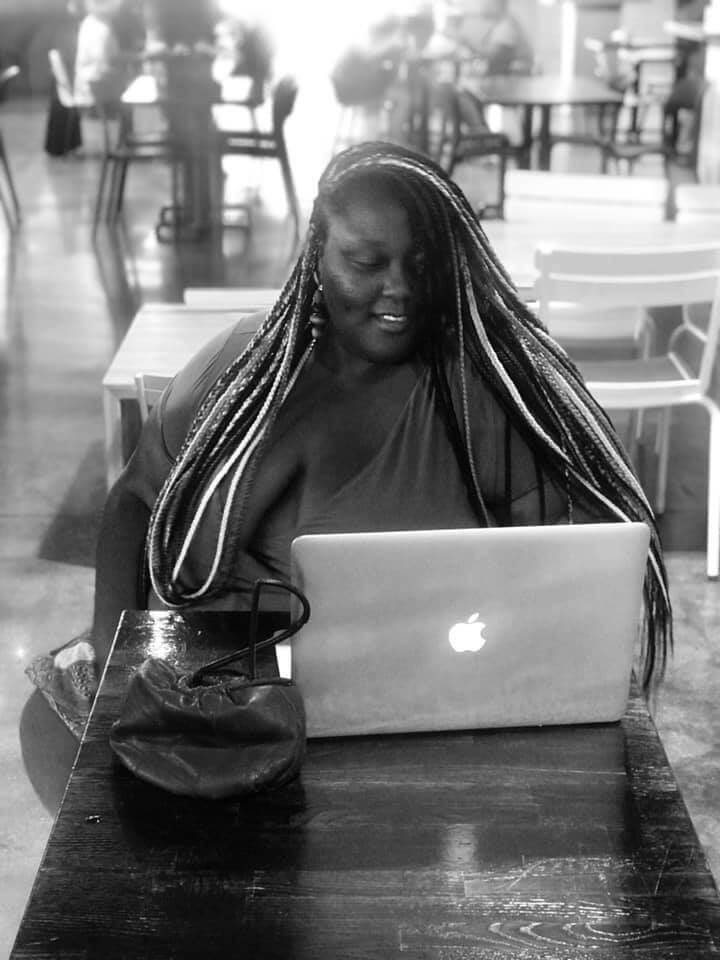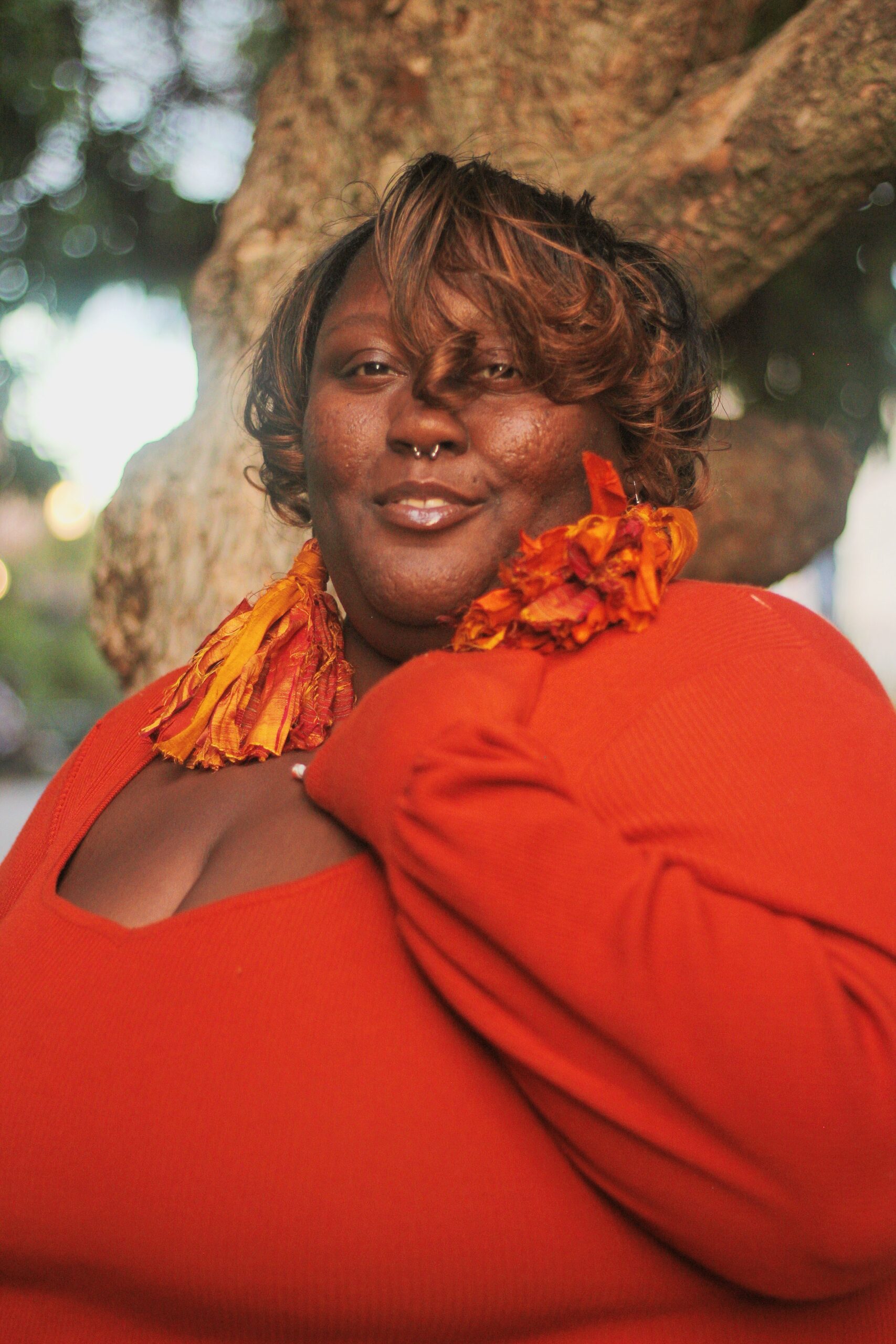
Being purely driven by my desire to practice Sankofa from the Twi language of Ghana, meaning to go back and get it, I found myself — a darker-skinned Black Woman — in the catacombs of Google reading various Constitutional Considerations.
As the Fourth of July approaches in this year of 2020, the consideration we all know as life, liberty, and the pursuit of happiness is supposed to be “inalienable” and “given to all humans by their creator.” I won’t get into the semantics of religion, but I do believe in God as my creator.
Death, Subjugation, and The Pursuit Of Sorrow would have been more befitting designations for naming our very alienable rights in the Constitution considering our current civil climate. I don’t think our creator would want us to be mourning the lives of Breonna Taylor, Oluwatoyin Salau, Tony McDade and George Floyd, as well as Freddie Gray, Eric Garner and Aiyana Jones before them.
Thomas Jefferson, well known for being the third president of these United States borrowed those words about happiness from John Locke. Locke coined the term “Pursuit of Happiness” in his work, “An Essay Concerning Human Understanding,” where he indicated that happiness is a foundation of our liberty.
For Black America, though our ancestors built that foundation, it crumbles beneath us, like the parchment those very words are written on would crumble without protection. If only our Black lives were worth the same preservational efforts.
In most states when the aforementioned documents were signed and published, each of those slain individuals would have likely been property; I would have been property. Are we still property, to be bought, sold, and killed whenever it pleases our captors? No, I don’t think so.
 But after a widespread celebration of Juneteenth or Jubilee Day last month, I call into question how emancipated we Black Americans truly are. I considered how much Jubilation I should even take part in.
But after a widespread celebration of Juneteenth or Jubilee Day last month, I call into question how emancipated we Black Americans truly are. I considered how much Jubilation I should even take part in.
In my cobwebby U.S. history dig through Google, I revisited the life of Thomas Jefferson, who is responsible for the placement of the consideration of happiness in the Declaration of Independence. I found that he has Black descendants due to the fact that he fathered children with Sally Hemings.
Sally was perceived to be Jefferson’s mistress and was in fact his slave. There are really only two accounts of what Sally may have looked like and in one account of her from a fellow slave, Isaac Jefferson, she was described as being “Mighty Near White.”
Sally wasn’t even freed until after Jefferson’s death, which made me grapple with whether death is some morbid key to unlocking empathy, liberty, or freedom in White America, handed down from colonial times. Because of my affinity for the written English language, that phrase led me to an outdated and far from a politically correct phrase, “Mighty White of you” — used most notably two times in history, during the Colonial Era and the Civil Rights movement.
In the Black community, before being cast aside for its racist tendencies, the phrase historically held the connotation of sarcastically implying that someone does too little in making amends. Is it time for the rebirth of this phrase for its perfect definition of being sarcastically very decent?
As for White-American Allies who don’t see that this lack of liberty or happiness stems from the establishment of this country and its doctrines and have only recently come to action because of recent events, that’s mighty White of you.
My assumption is that Sally Hemings’ clothing was of a finer quality and that because her skin was fairer or near White she experienced more liberties than some of her darker-skinned or poorly-clothed enslaved counterparts. Even as an articulate and widely accepted darker-skinned Black woman in 2020 I can relate to the concept of being “Mighty Near White”.
My articulate nature, which was often referred to by my schoolmates as “sounding White,” in tandem with finer clothing afforded to me by White acceptance and opportunity, doesn’t put me any closer to liberty or freedom. For the record, I sound Black — I resemble the educated, resilient, and jovial yet tired tone of my ancestors. As Black Americans, no material or cultural buy-in or sell-out could bring us closer to Life, Liberty, and Happiness.
The degrees of separation between the previously named and slain Black men and women and many Black Americans are thin, if they exist at all. We are all casualties or near casualties to what is, in my opinion, a crumbling colonial foundation here in the U.S. Doesn’t matter what you sound like or what you wear.
Black people especially are certainly not happy; I am not happy. This can’t be liberty. To me liberty feels no closer today than it did in 1776.
It’s time for a new consideration of life, Black Liberty, and Black happiness. Black lives are worth preservational effort. Are our forefathers’ Constitutional Considerations worth the same?
Happy Belated Juneteenth.
Happy Independence Day?…
“No, no, we are not satisfied, and we will not be satisfied until justice rolls down like waters and righteousness like a mighty stream” — Martin Luther King Jr.
— — — —
The writer is a Baltimore-based artist, community advocate, social change and arts consultant. She is an M.A. candidate in Social Design at Maryland Institute College of Art.




 Creative Commons Attribution
Creative Commons Attribution